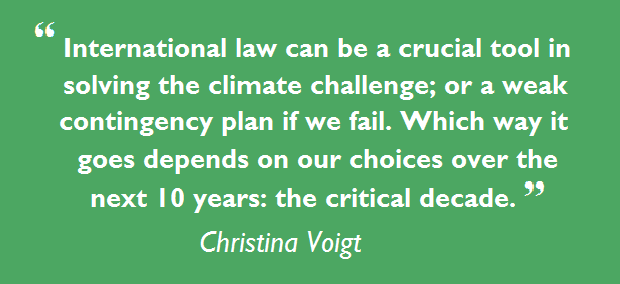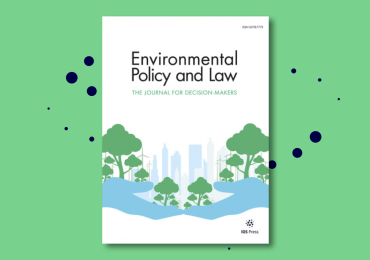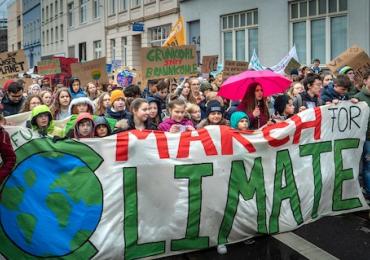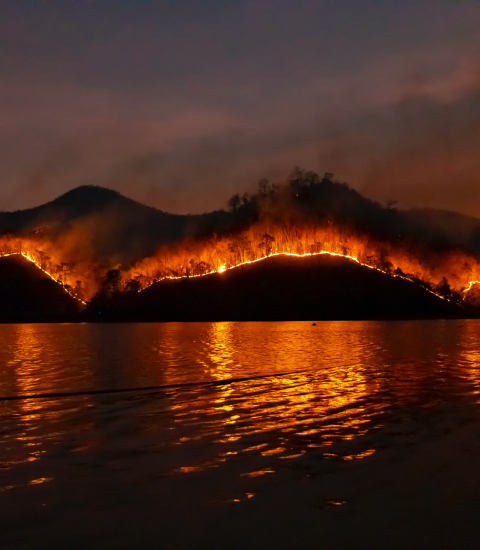
[Author: Carmel McNamara, IOS Press]
Amsterdam, NL – Last month, a Melbourne law student filed a case against the Australian Government in relation to its inadequate response to climate change. The claim calls for disclosure of climate-related financial risks for investments in the form of government bonds.
Citizens are turning to the courts to take on governments in relation to their responses to climate change. In a bid by Urgenda in 2015 to sue the Dutch government, the court finding was that the government has obligations to urgently and significantly reduce emissions in line with its human rights obligations. That was the first case that established governments owe their citizens a legal duty to prevent climate change.
Katta O’Donnell is the law student from Melbourne’s La Trobe University who has filed this new claim, in which she refers to the Paris Agreement’s goal of limiting warming to 1.5 degrees Celsius. The new case is the first of its kind that holds the Australian government to account and is unique in that it is focusing on the climate change risks to sovereign bonds. These bonds are generally thought of as a safe form of investment but climate change has an impact on investments as well as the environment. The claim states that emissions performance contributes to reputational and financial risks, and can influence an investor's decision to trade in Australian bonds.
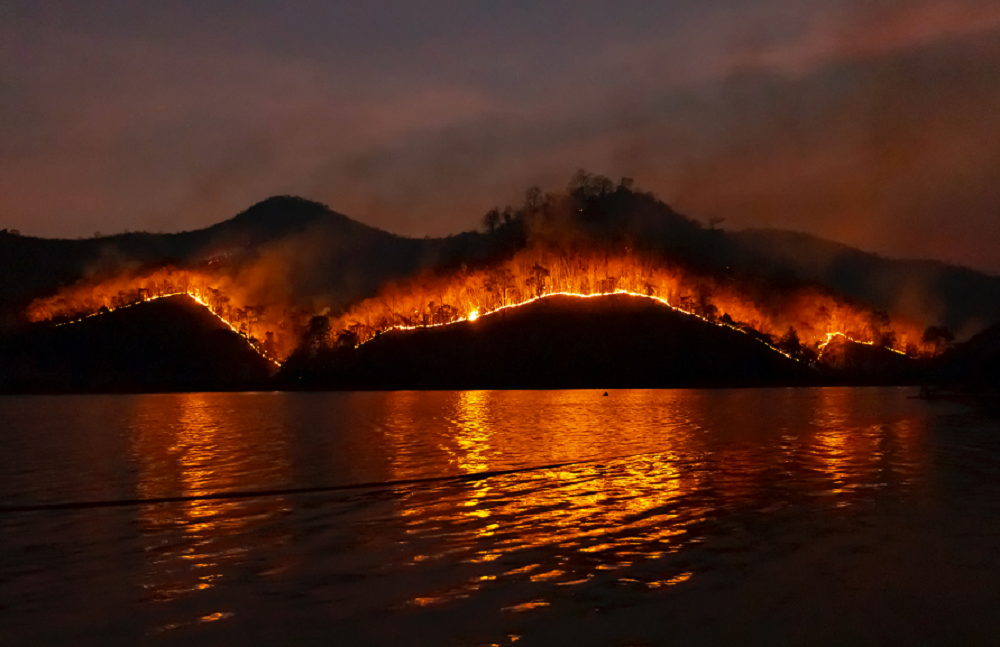
Climate change risks to sovereign bonds
A press release issued by the team behind her at Equity Generation Lawyers states: “Climate impact on sovereign risk is already on the investor agenda. Australia’s reputation is particularly impacted by the government’s failure to limit fossil fuel production and failure to have a credible plan to transition Australia to a low carbon economy. The lack of credible policies is expected to ultimately cost the economy when a sudden and disorderly transition occurs.
There are a number of related types of risk factors that climate change poses to sovereign bonds. The claim describes these risks as including:
- Response to climate change – how a government responds and the indicators such as emissions per capita; whether or not a country has a carbon tax; whether there is a policy to restrict the development of coal, oil and gas; and its performance at international climate negotiations.Resilience to climate change – the measure of how a country or its economy is resilient to climate change impacts;
- Reputational risk – how a particular country is seen by others as a result of its response to climate change;
- Financial risks – such as the impact climate change will have on GDP, exports, terms of trade, the tax base, productivity, house values;
- Credit ratings risk – including the fact that global credit ratings agencies understand climate change is a material risk to country credit ratings.
The risks combine to form a material sovereign risk to sovereign debt. As a result the claim alleges climate change affects investor decisions on whether or not to trade in sovereign bonds.”
Material risks of climate change
Katta owns Australian Government Bonds that mature in 2050, by which time – should the government fail to enact effective policies – the impacts of climate change are expected to be severe. The press release states: “Australia’s responses to climate change will disproportionately impact younger people like Katta and other vulnerable communities. Katta is also concerned about exacerbated risk to Indigenous communities. Australia’s royal commission into the 2019–2020 bushfire crisis has heard evidence that indigenous people in many areas were twice as likely to be impacted by the fires.”
If this case goes on to be successful it could establish precedent for disclosure of climate-related financial risks for investments in the future. Time will tell if this will be a wake-up call for the government.

